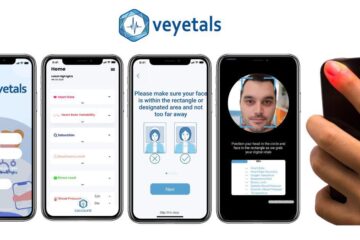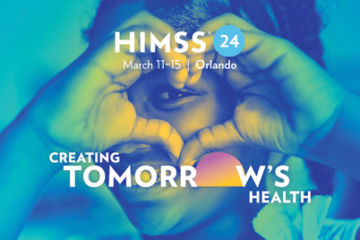Peace and quiet are hard to find in today’s fast-paced, technology-driven world. In this modern era, we can see the emerging connection between artificial intelligence (AI) and mindfulness, a powerful combination that has the potential to improve our well-being and self-awareness.
Mindfulness, rooted in Buddhism, is the practise of paying attention to the present moment with curiosity, acceptance, and openness. Developing a nonjudgmental awareness of thoughts, emotions, and bodily sensations is required. This practise reduces stress, improves mental clarity, and promotes emotional balance.
AI, with its ability to analyse large amounts of data and mimic human intelligence, is making significant advances in healthcare, psychology, and personal development. When used mindfully, AI can enhance mindfulness practise and help people improve their well-being.
Meditation and mindfulness apps are one way AI promotes mindfulness. Guided meditation, breathing exercises, and other mindfulness practises are available on these apps. Users’ preferences and needs can be customised by AI algorithms. Even with a busy schedule, this tailored approach helps people establish a mindfulness routine.
Smartwatches and fitness trackers with AI can also track mindfulness-related physiological parameters like heart rate variability and sleep patterns. AI algorithms can use this data to assess an individual’s stress and well-being. This feedback can encourage self-awareness and accountability by gently reminding you to prioritise self-care and mindfulness practises when needed.
Virtual and augmented reality (VR/AR) technologies are another exciting use of AI in mindfulness. Immersive experiences can take people to peaceful places where they can practise mindfulness. AI algorithms can customise these virtual environments to an individual’s preferences, creating a relaxing and present experience.
AI can also help analyse mindfulness research. AI algorithms can use natural language processing and machine learning to sift through massive amounts of scientific literature and find insights. Researchers and practitioners can better understand mindfulness’s benefits, identify trends, and develop evidence-based interventions for specific populations.
It’s important to approach AI and mindfulness with caution. AI can improve our well-being, but it shouldn’t replace human connection and wisdom, which are essential to mindfulness practise. Mindfulness requires human presence and guidance. AI should be used to supplement human interaction and mindfulness facilitators.
Finally, the emerging link between AI and mindfulness has great potential to improve our well-being in the digital age. We can increase self-awareness, reduce stress, and improve emotional balance by mindfully using AI technologies. Through meditation apps, wearables, virtual reality, or data analysis, AI can enhance our mindfulness practise and give us the tools and insights we need to handle life’s challenges. As we explore this fascinating synergy, let us remember to mindfully integrate AI and keep our human connection at the centre of our mindfulness journey.
Introducing Veyetals, the cutting-edge contactless vitals monitoring app that is revolutionizing healthcare management. Our cloud-based API is lightweight and seamlessly integrates with the healthcare apps and platforms that matter to you most. With Veyetals, you can measure patient vitals in real-time, enhancing the continuum of patient care and improving health outcomes.
But Veyetals doesn’t stop there. Our app is interoperable with other health management solutions, ensuring information sharing between different systems and providing a holistic view of patient health. Plus, our easy-to-use interface makes it simple for healthcare providers to stay on top of vital signs and respond quickly to changes in patient health.
Ready to join the future of healthcare management? Contact us HERE to learn more about Veyetals. And don’t forget to follow us on LinkedIn for the latest updates and insights.



